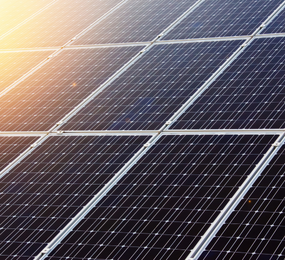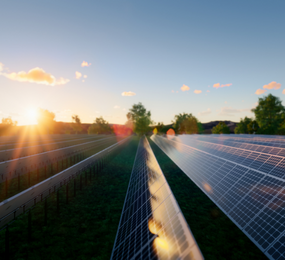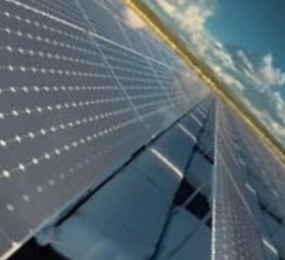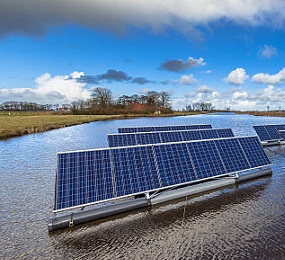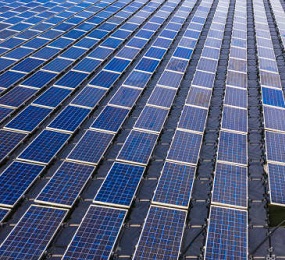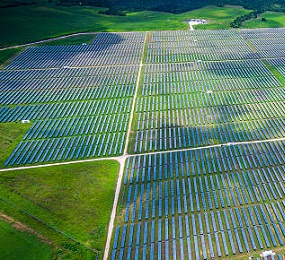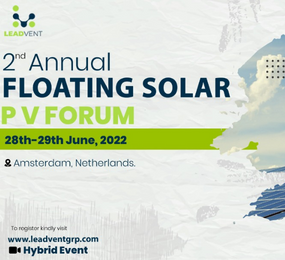Floating solar installations are reshaping the renewable energy landscape, offering a sustainable solution to the challenges of land use and ecological footprints associated with traditional ground-mounted solar arrays. By utilizing water bodies for solar energy generation, floating solar installations minimize land disturbance, preserve ecosystems, and reduce carbon footprints, making them a valuable asset in the transition to clean energy.
One of the primary advantages of floating solar is its ability to minimize land use requirements. Traditional ground-mounted solar arrays often require large expanses of land, which can lead to habitat destruction, biodiversity loss, and land conversion. Floating solar installations, on the other hand, utilize underutilized water bodies such as reservoirs, lakes, and ponds, minimizing land disturbance and preserving valuable terrestrial ecosystems.
Floating solar installations have minimal impact on terrestrial ecosystems, as they are located on water bodies rather than on land. This helps preserve habitats for wildlife, protect biodiversity, and maintain the ecological balance of aquatic ecosystems. Additionally, by shading the water surface, floating solar installations can reduce evaporation, mitigate algae growth, and improve water quality, further enhancing ecosystem health.
Floating solar plays a crucial role in reducing carbon footprints by displacing electricity generated from fossil fuel-based power plants. By harnessing the power of the sun to generate clean, renewable energy, floating solar installations help mitigate greenhouse gas emissions and combat climate change. Additionally, the use of water bodies for solar energy generation reduces the need for land-intensive renewable energy projects, further minimizing carbon footprints associated with land use change and habitat destruction.
By balancing the need for clean energy with environmental conservation, floating solar installations promote sustainable development and resilience. These installations offer a win-win solution that meets the growing demand for renewable energy while minimizing negative impacts on land ecosystems and reducing carbon footprints. As countries worldwide seek to achieve their climate goals and transition to a low-carbon future, floating solar emerges as a valuable tool in the fight against climate change and ecosystem degradation.
To register or learn more about the Forum please check here: https://bit.ly/46Vw6nm
For more information and group participation, contact us: [email protected]


